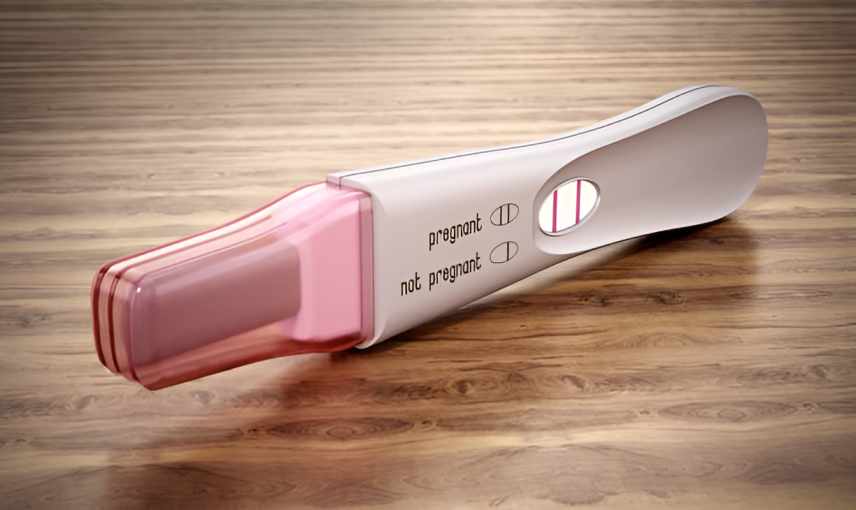Senate probes health system failures after spike in child pregnancies

Senators say the figures point to deep weaknesses in the country’s reproductive health services and support systems.
A sharp rise in unintended pregnancies, including among children as young as 10, has put Kenya’s public health system under the spotlight, prompting the Senate to open a formal inquiry into its capacity to protect women and girls.
The move follows a new report by the African Population and Health Research Centre, which recorded over 1.4 million unintended pregnancies in 2023.
Senators say the figures point to deep weaknesses in the country’s reproductive health services and support systems.
Nominated Senator Hamida Kibwana, who initiated the probe, said the situation reflects a crisis that cannot be ignored.
"Protecting the reproductive rights and health of women and girls is not optional; it is a national imperative. We must act urgently to address this crisis and strengthen our reproductive healthcare systems," she said.
She called for the Ministry of Health to work with the Senate Health Committee to assess the state of services offered in public hospitals, improve staff training, and strengthen delivery systems.
Kibwana also pointed out that many girls face stigma when seeking reproductive health care, which worsens the situation.
"In reality, contraception is a fundamental health and family planning necessity. In light of these findings, I urge the Standing Committee on Health to collaborate with the Ministry of Health in improving access to reliable, long-acting contraceptive options, particularly in underserved and high-risk regions," she said.
She urged the government to launch national education campaigns to promote open discussion and informed decisions among young people and families.
During the Senate session, Nominated Senator Catherine Mumma warned that the country’s health system has failed its children.
"Even as we debate abortion, the solution is not just family planning. The real question is: What preventive programmes are in place to safeguard the livelihoods of our children?" Mumma posed.
She added that at least 150 of those who became pregnant last year were aged between 10 and 14, and the system often responds by simply asking them to return to school, without offering support.
"A 14-year-old who gets pregnant is often just told to go back to school, with a baby. That’s not enough. Our health system is not designed to accommodate or support adolescents," Mumma said.
She called for stronger school-based education that addresses both legal and social aspects of early sexual activity.
"We must teach our children that underage sex is criminal," she said.
Senate Minority Whip Ledama Olekina linked the situation to poverty, arguing that many young people lack proper guidance, education, or access to essential services.
He urged fellow lawmakers to ensure national health policies address the root causes of vulnerability among girls and young women.
